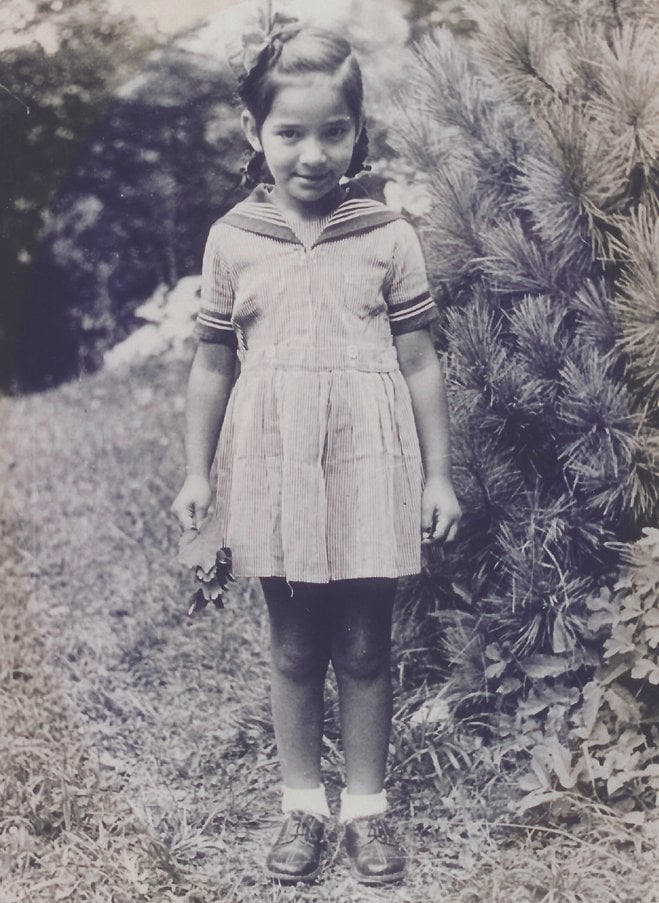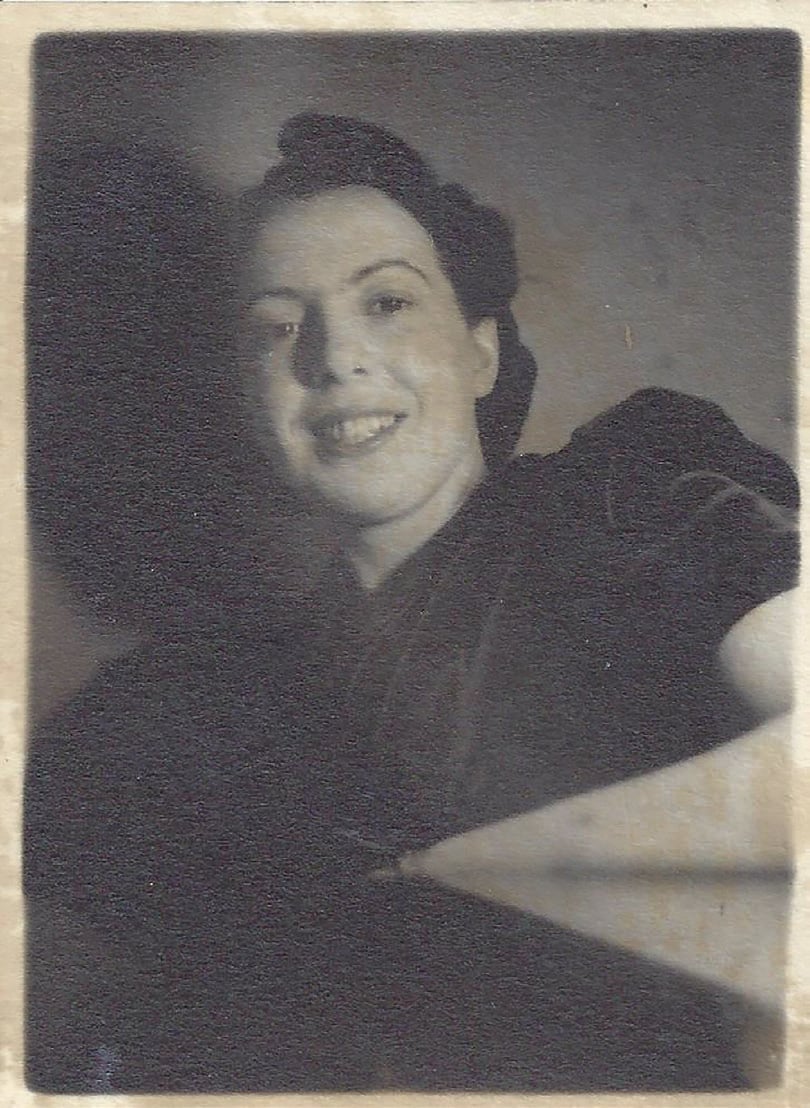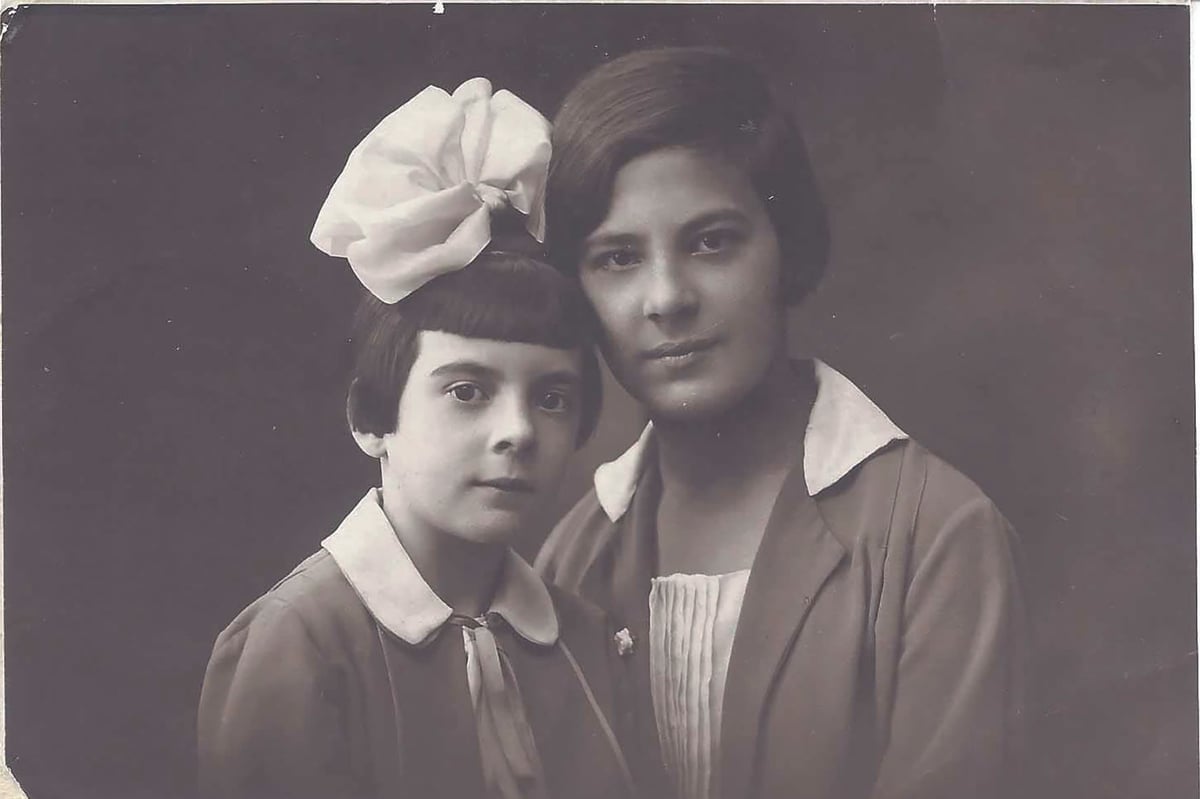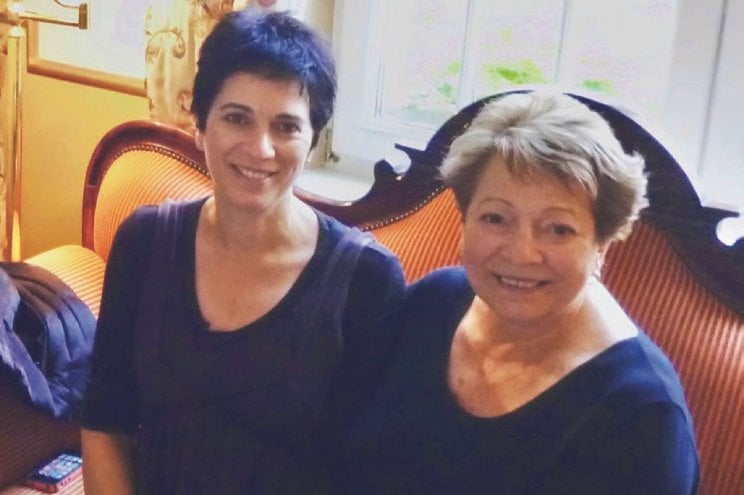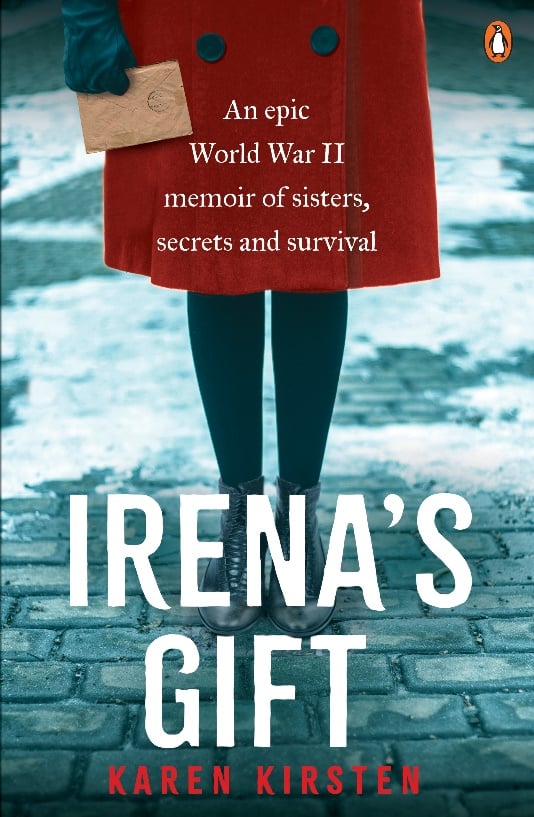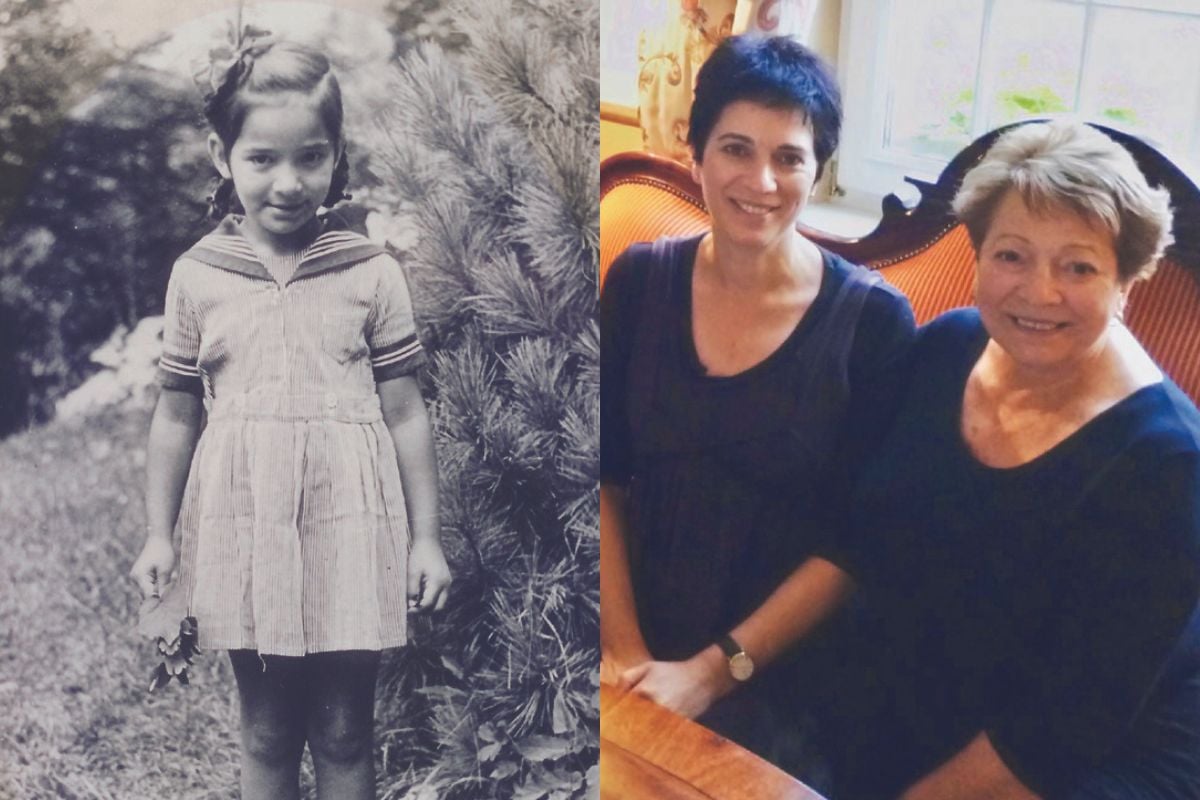
Karen was four years old when she asked about the tattoo.
She was watching her grandmother cook soup in her kitchen in Melbourne.
As she chopped the vegetables for Borscht, a popular soup in Poland, she noticed the figures tattooed on her grandmother's arm.
"Nana, what are those green numbers?," she asked.
Her grandmother didn't blink.
Instead, she continued chopping and said, "That's my phone number. I had it tattooed there so I would never forget it."
Decades later, Karen now knows the truth behind those numbers and that prisoners in Auschwitz concentration camp were also branded with a similar mark during the second World War.
But it would take her years to learn that, as it would for her to learn that the woman chopping vegetables in her kitchen wasn't actually her grandmother at all.
***
The truth started unravelling five years later when Karen's mother, Joasia, received a letter from a stranger.
The man claimed to be Joasia's biological father - Karen's biological grandfather.
"[In the letter] he told her that during World War Two, she had been born inside a part of Warsaw [in Poland] that the Nazis had surrounded with three meter high brick walls," Karen told Mamamia.
The area was known as the Warsaw ghetto.

